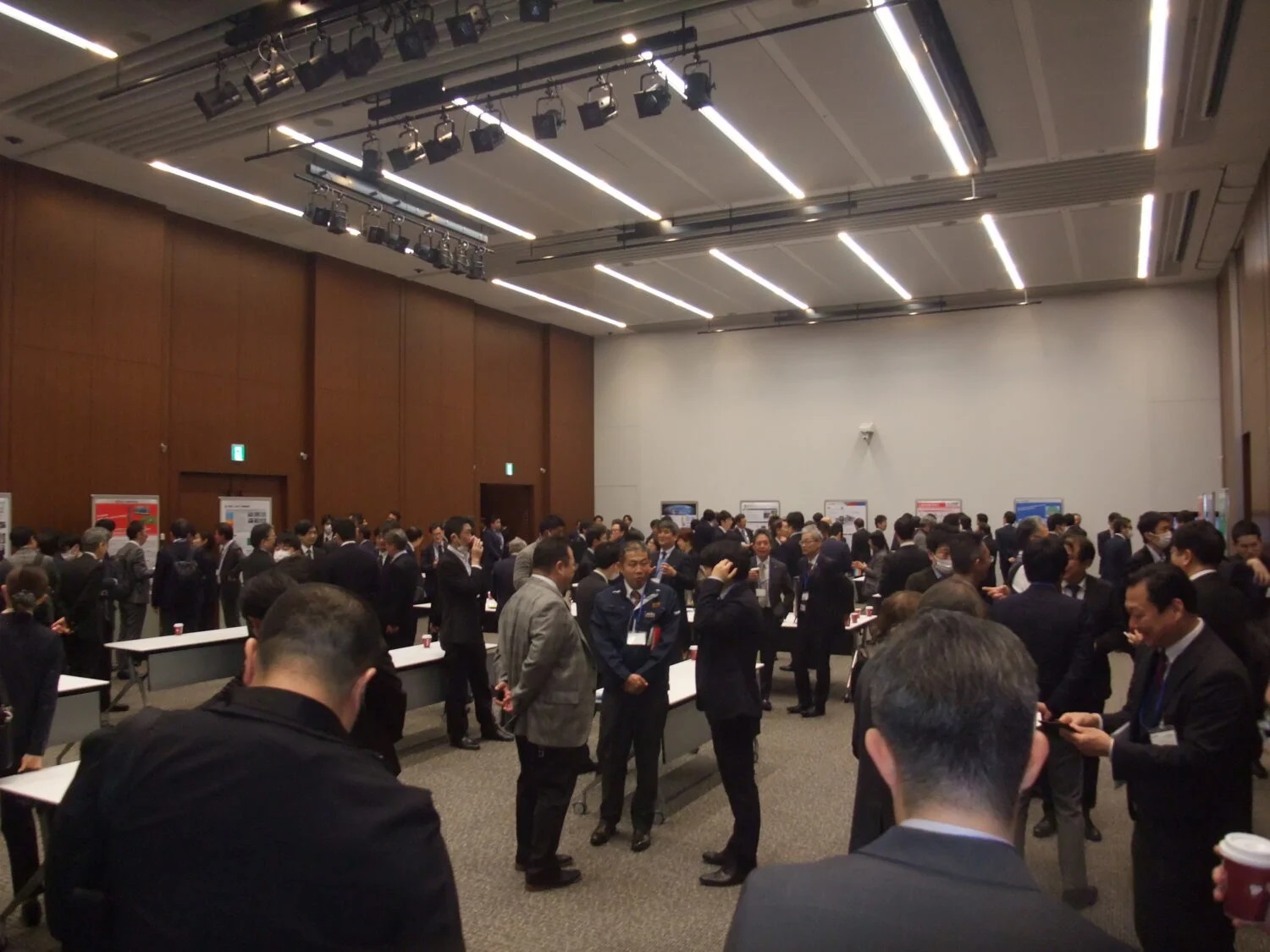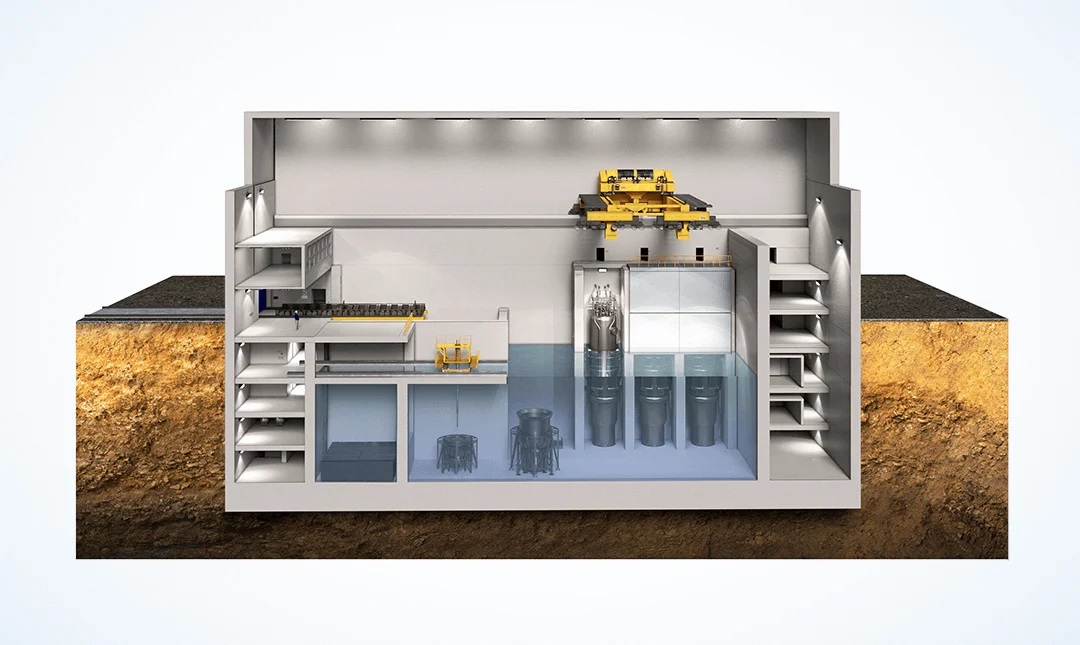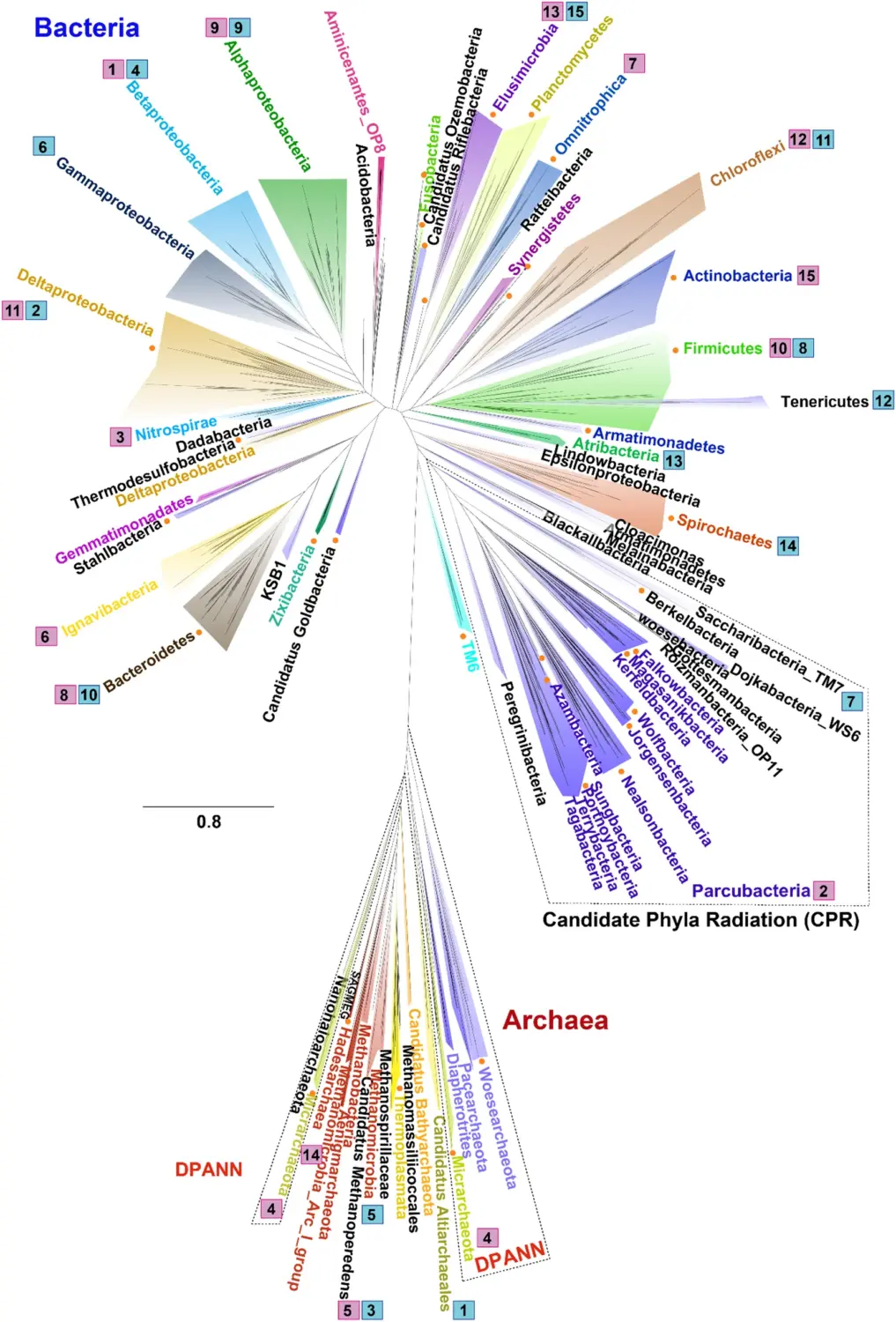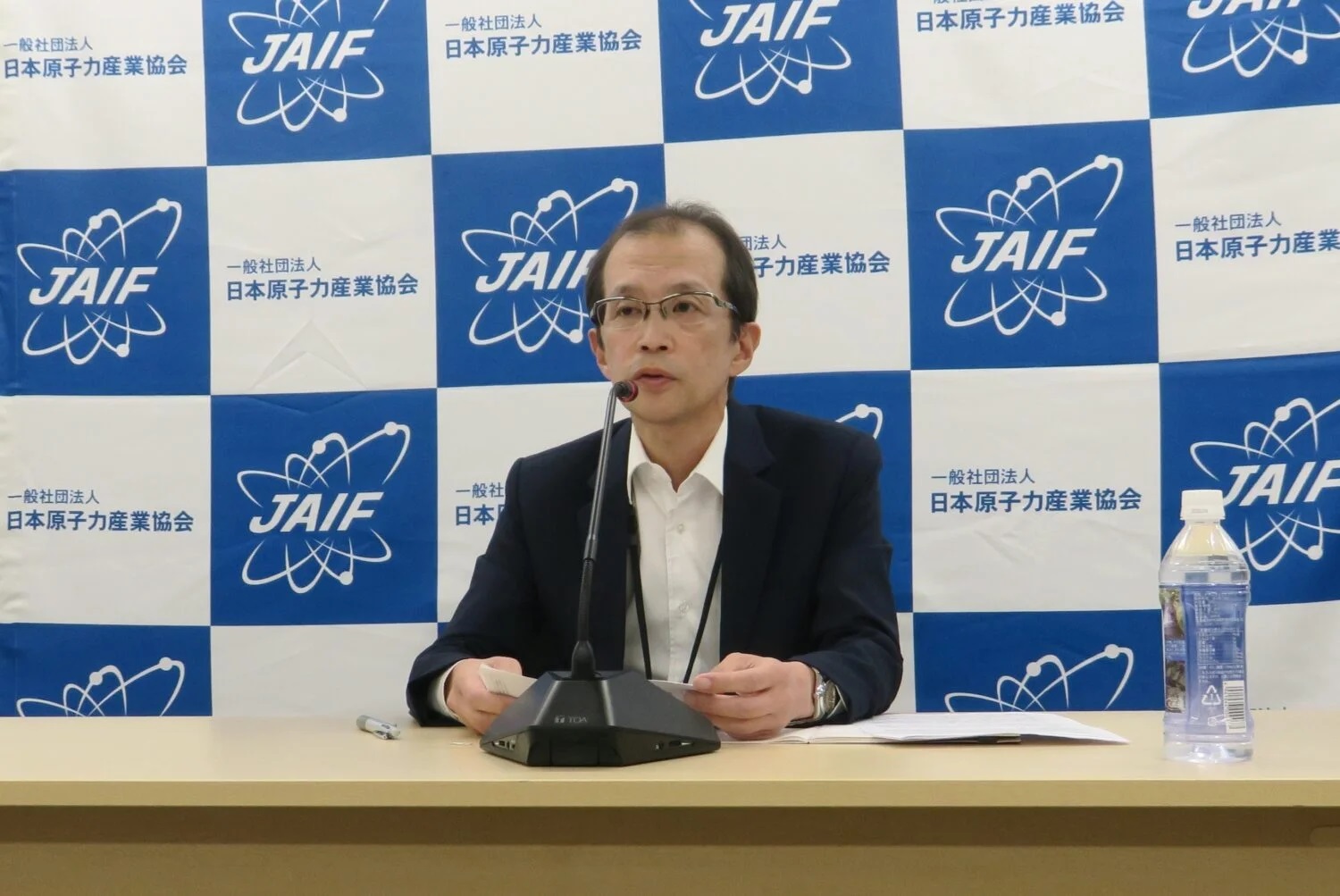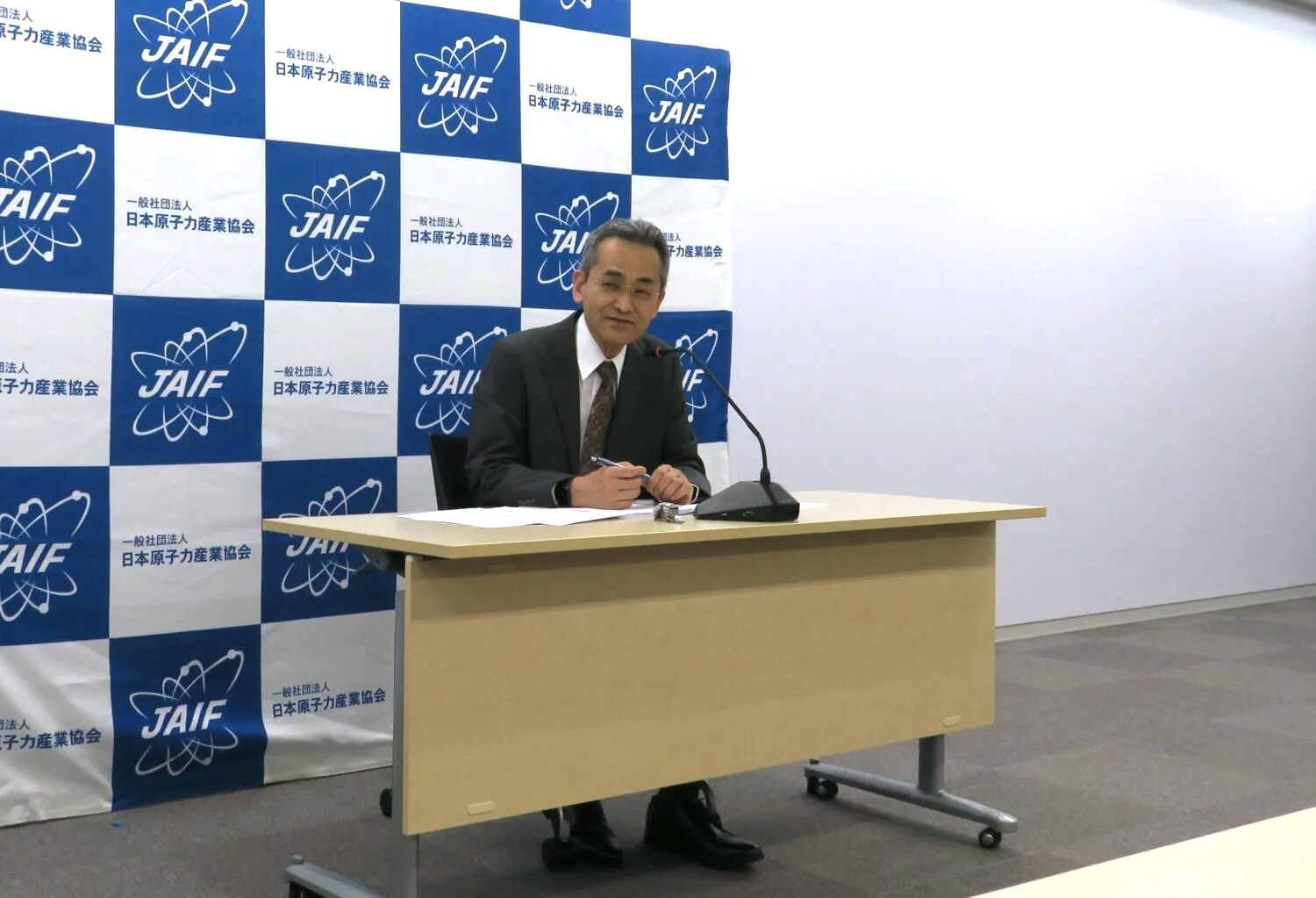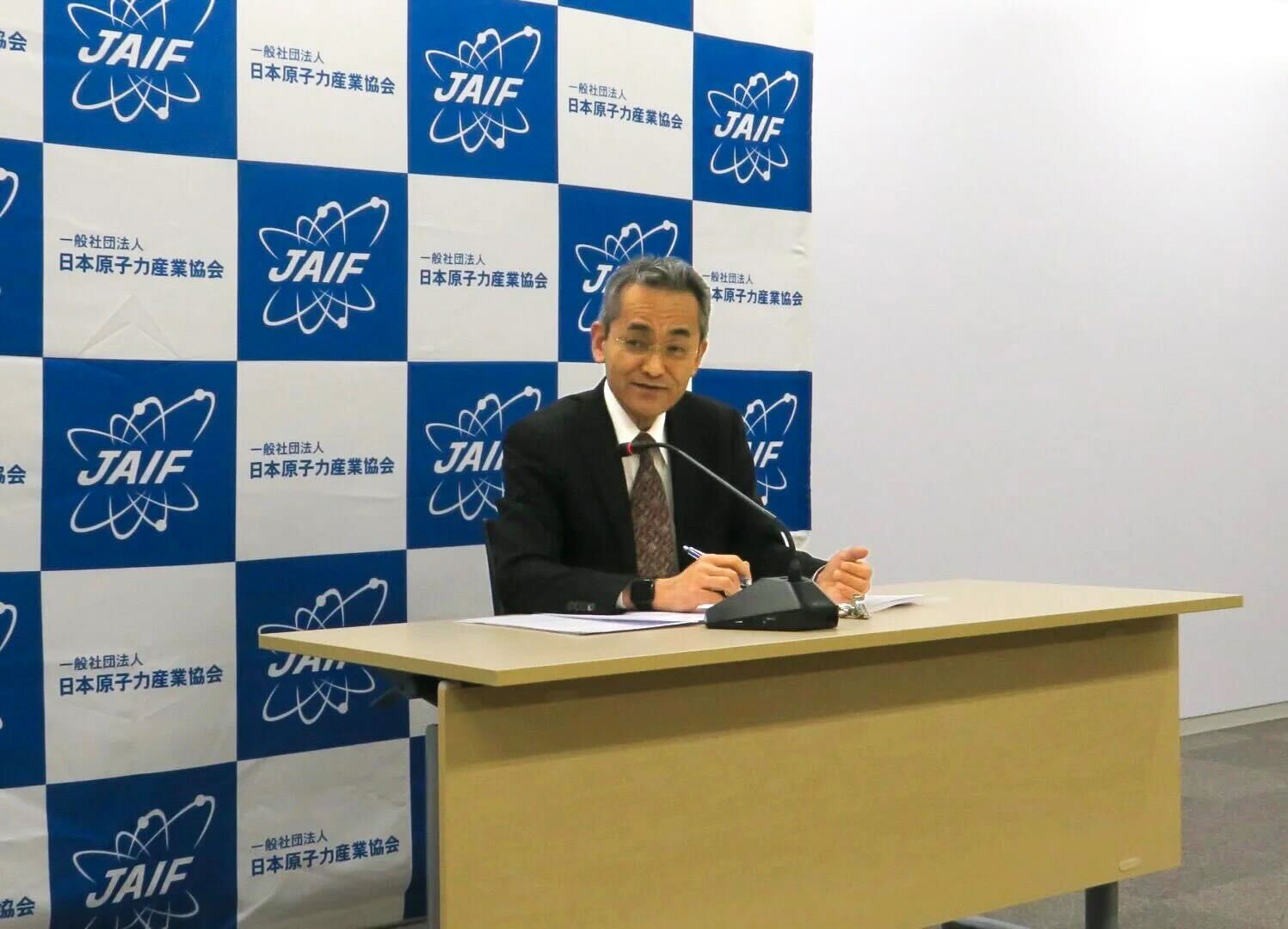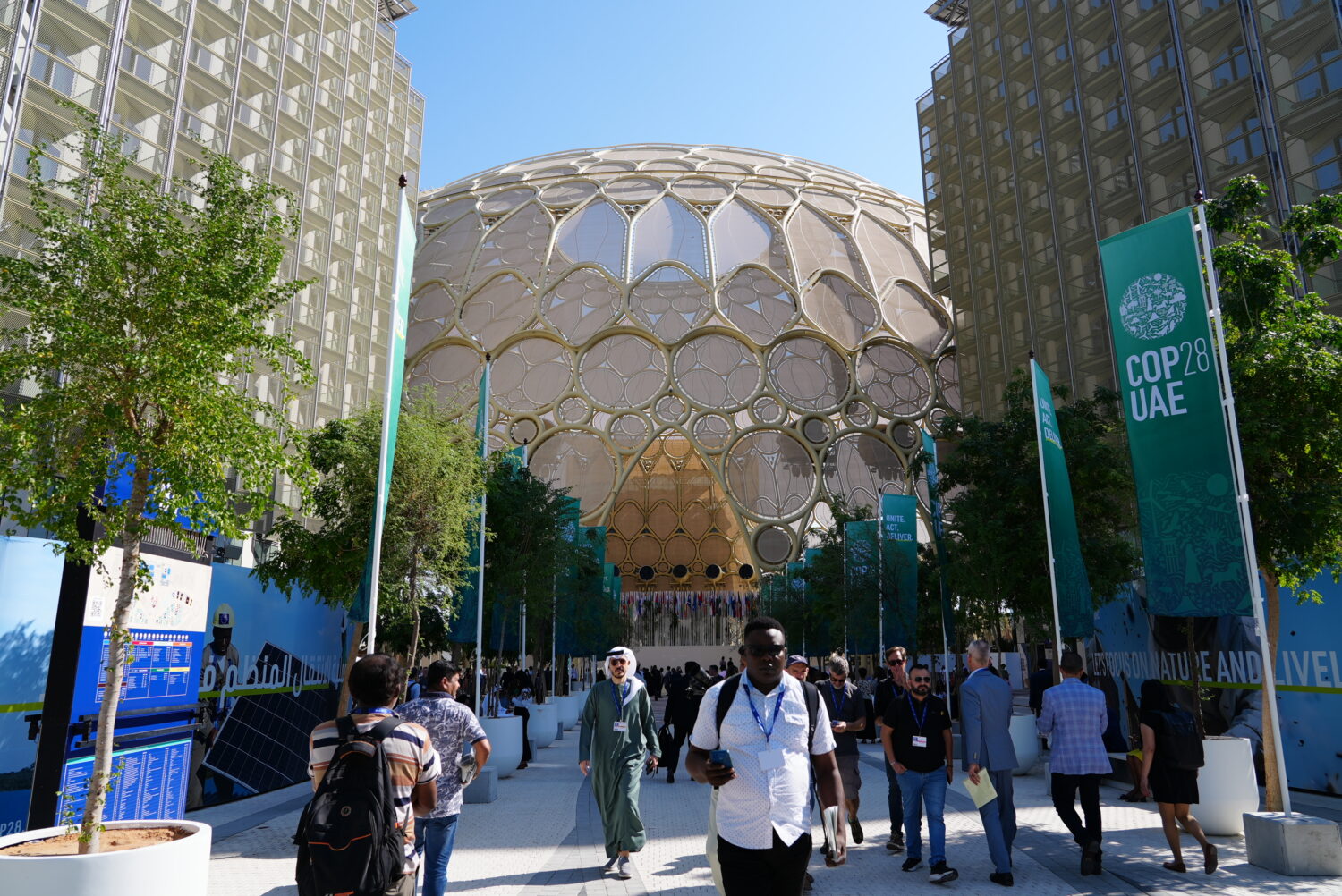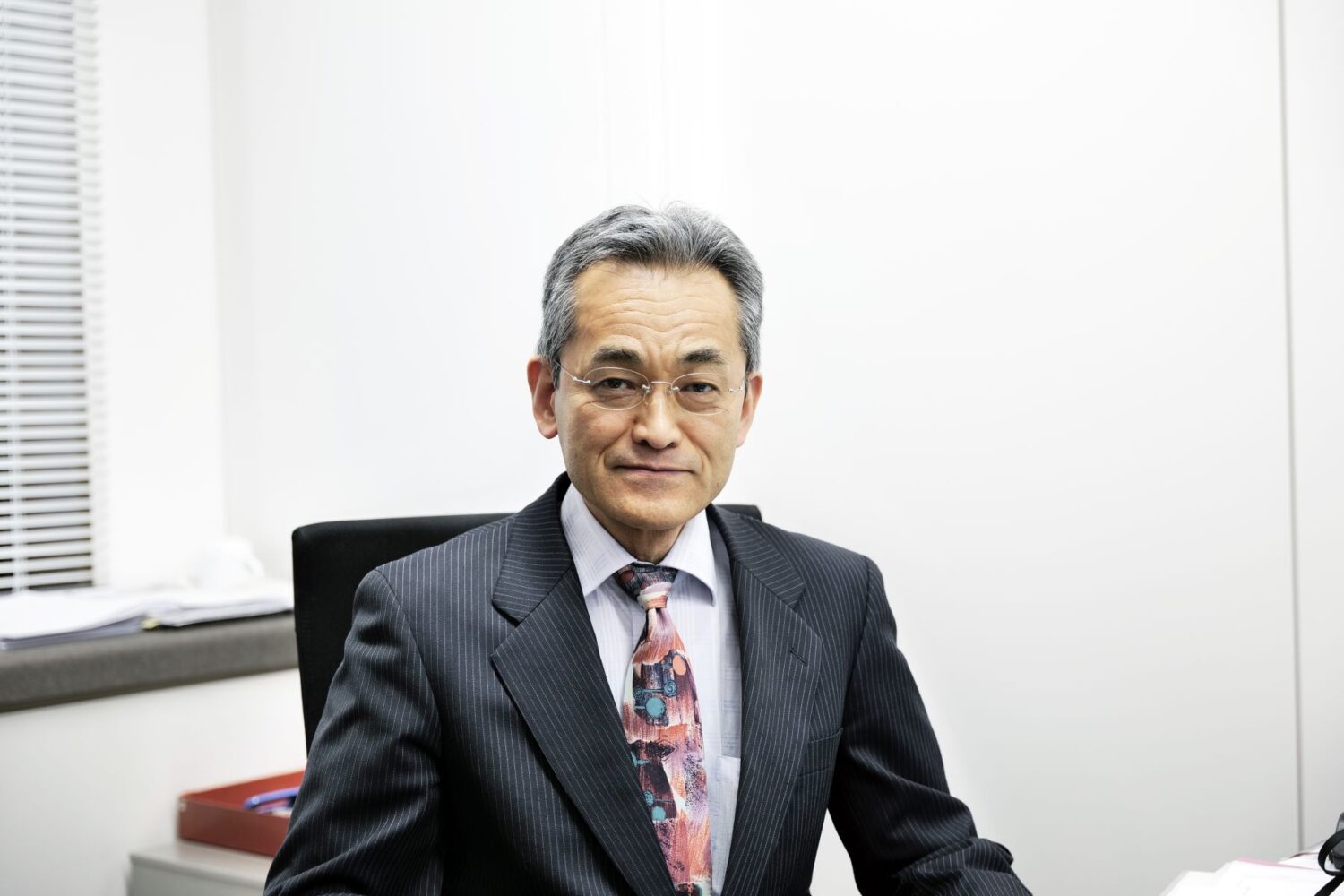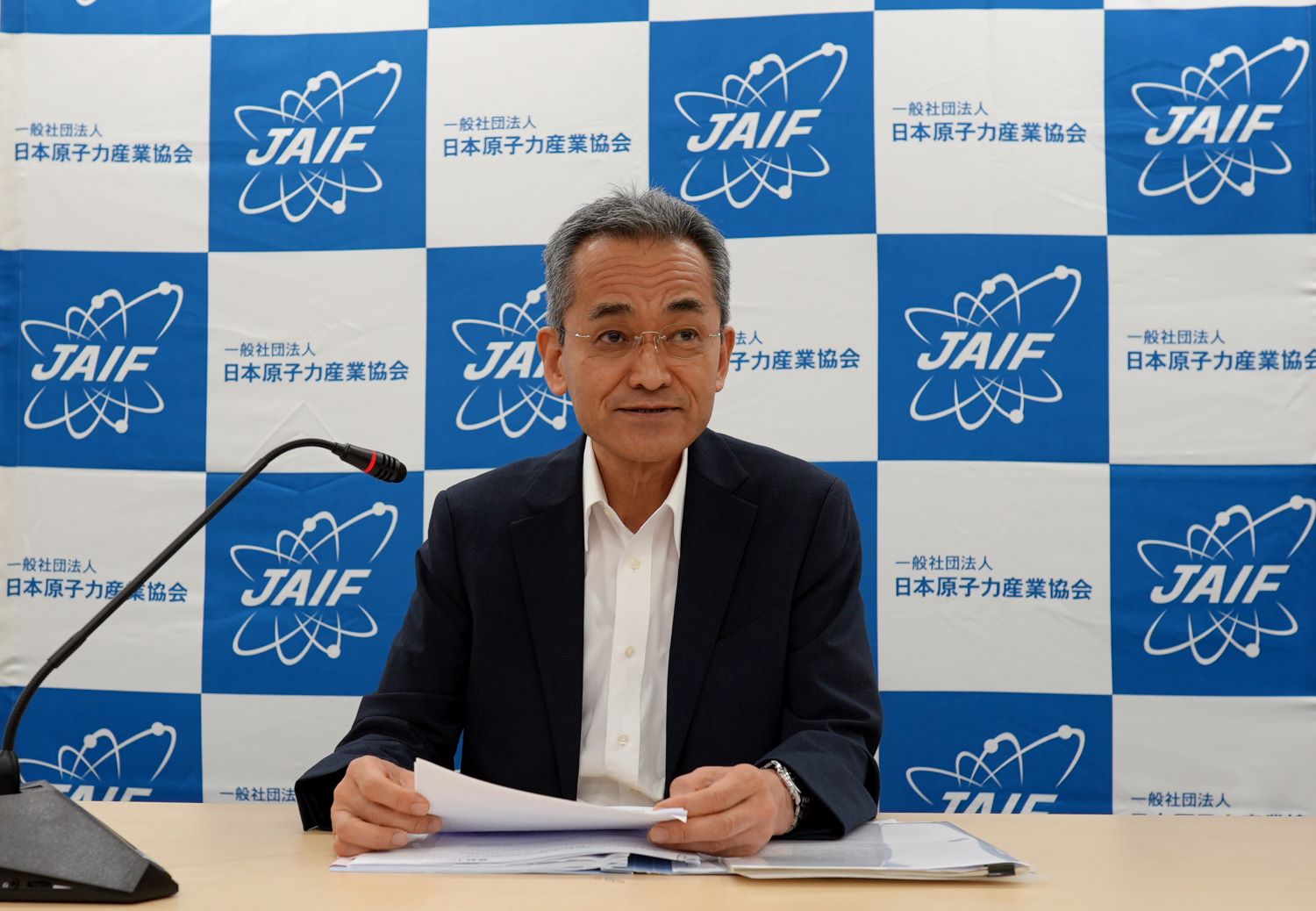In those circumstances, several countries have revised their existing nuclear policies. For example, France, the U.K., and Poland announced plans to build new nuclear power plants (NPPs), while the decommissioning of NPPs was postponed in Belgium and in several states in the United States. The International Energy Agency (IEA) forecasts that the scale of nuclear energy use will double globally by 2050. Thus, there has been a renewed recognition of and regard for the advantages of nuclear power, both in terms of stable supply capacity and as a decarbonization power source.
In Japan, the government’s Green Transformation (GX) Implementation Council, chaired by Prime Minister KISHIDA Fumio, presented a draft basic policy on December 22 aimed at implementing the country’s green transformation, referring to generating economic growth while safeguarding the environment. Toward ensuring stable energy supplies for Japan and realizing carbon neutrality, the policy calls for the maximum use of nuclear power—recognizing it as a power source that contributes to energy security, and which is highly effective toward decarbonization—together with renewable energies.
The nuclear industry will certainly have to exercise its responsibilities to obtain public understanding on multiple issues, such as restarting NPPs as soon as possible, extending NPP operating lifetimes, developing and constructing next-generation advanced reactors, and accelerating backend processes.
Today, at the start of 2023, I want to talk about the four focal points of JAIF’s activities this year, as follows:
<Obtaining Understanding on Nuclear Power>
To utilize nuclear power to the maximum extent, it is essential to maximize public understanding of the preeminent roles of each of the nuclear “3 E’s”—energy security, economy, and environmental protection—along with the importance of the nuclear fuel cycle, and the activities of nuclear operators in pursuit of safety.
JAIF will highlight the value of nuclear power through dialogues with media and other communications tools. We will also work for mutual understanding in cooperation with relevant organizations through activities in siting regions. In addition, we will investigate and analyze domestic and international circumstances, identifying issues and proposing solutions for the nuclear industry to maximize the use of nuclear power.
<Support for Fukushima Reconstruction>
It is essential to work sincerely in support of decommissioning at the Fukushima Daiichi and the reconstruction of Fukushima Prefecture. For proper understanding of the progress of decommissioning and of the offshore release of water treated by ALPS (the Advanced Liquid Processing System), we will work to disseminate information related to those matters by scheduling onsite visits, as well as introduce and render sales support for products produced in Fukushima, among other activities.
<Securing and Educating Human Resources>
For the nuclear industry to remain strong and develop, it is essential to secure and educate human resources. We will work to make the younger generation aware of the important, attractive, and rewarding careers and opportunities offered by the industry. Educational activities for young people need to be conducted efficiently, effectively, and strategically, and coordinated nationally through cooperation among industry, government, and academia.
We at JAIF will support the industry in securing and fostering nuclear human resources with seminars and the like, and through the Japan Nuclear Human Resource Development Network (JN-HRD Net).
<International Cooperation>
Nuclear power has drawn renewed global attention for its value as a stable energy source and in response to climate change issues, and many countries are considering the development of new NPPs. The Japanese nuclear industry is recognized for its excellent technology and quality. Through participation in projects overseas, Japan will be able to contribute to maintaining and reinforcing technological capabilities and enhancing safety at power plants worldwide.
JAIF, in cooperation with other countries and international organizations, will work to publicize the value of nuclear power and bolster its presence. It will also cooperate with countries and regions around the world, exchanging information and opinions toward the resolution of common issues, and disseminating information and promoting business exchanges helpful to Japan’s nuclear industry.
JAIF, together with its members, will apply itself fully to all such activities on behalf of the industry.
We look forward to your support again this year.
ARAI Shiro, President, JAIF


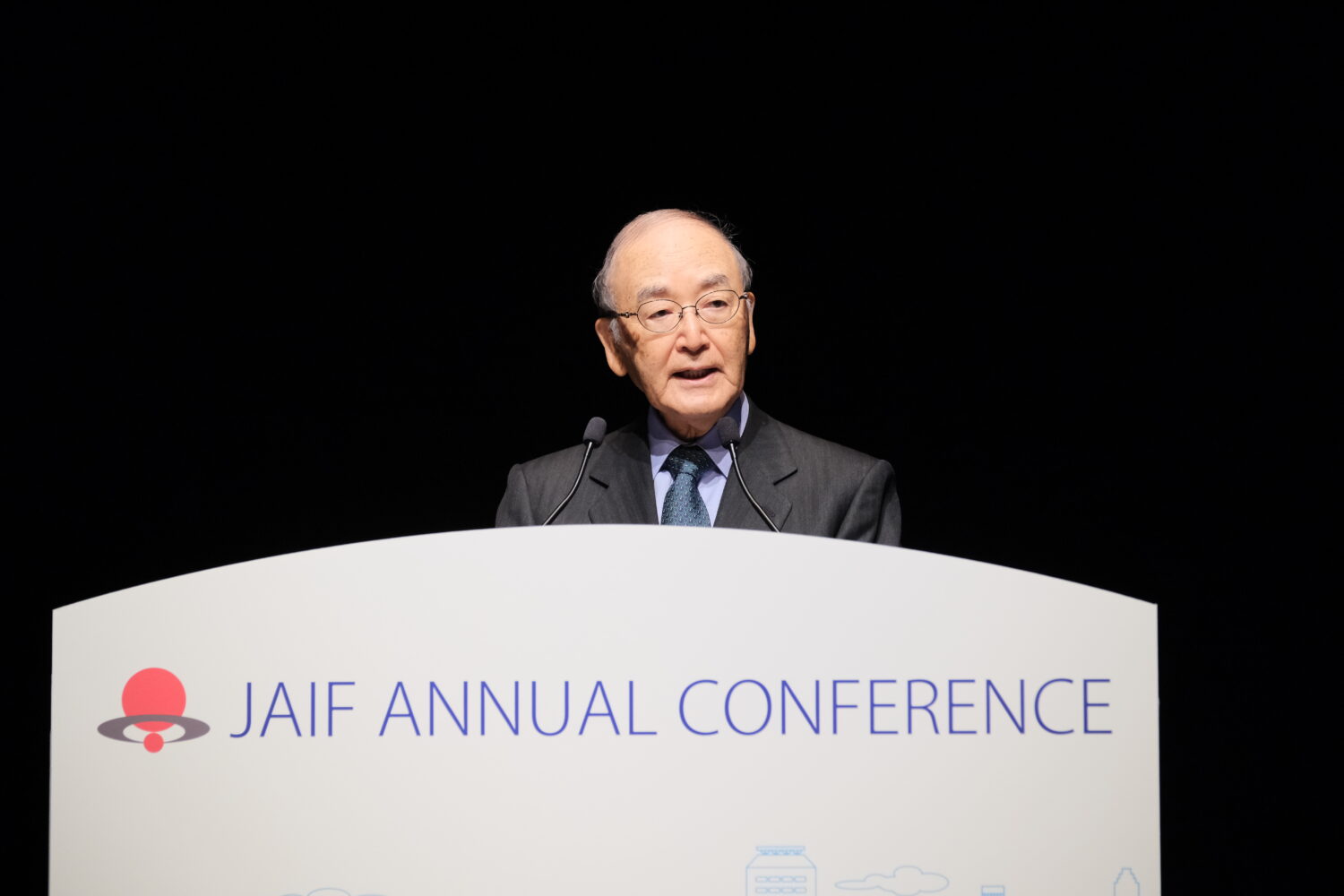
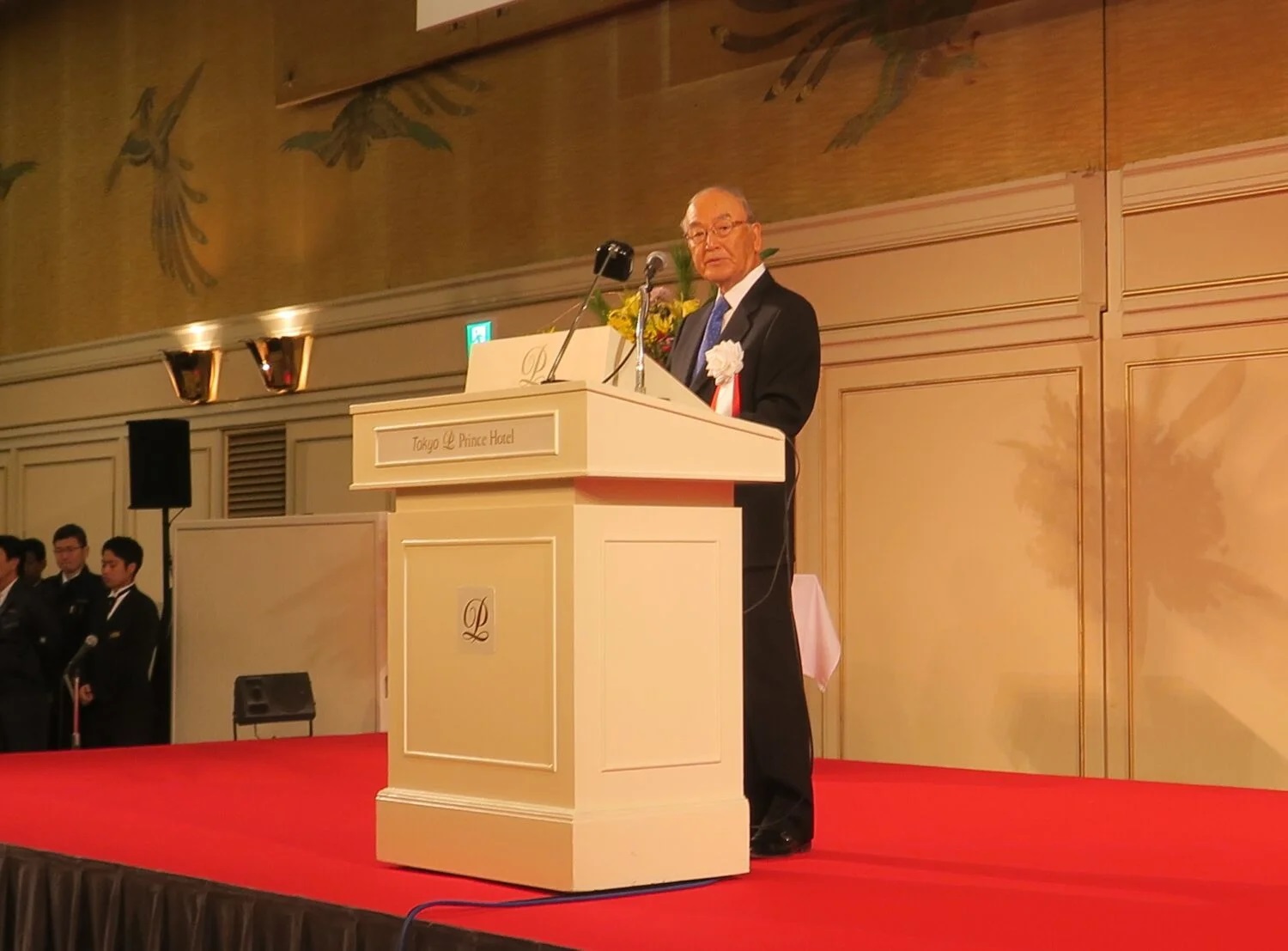
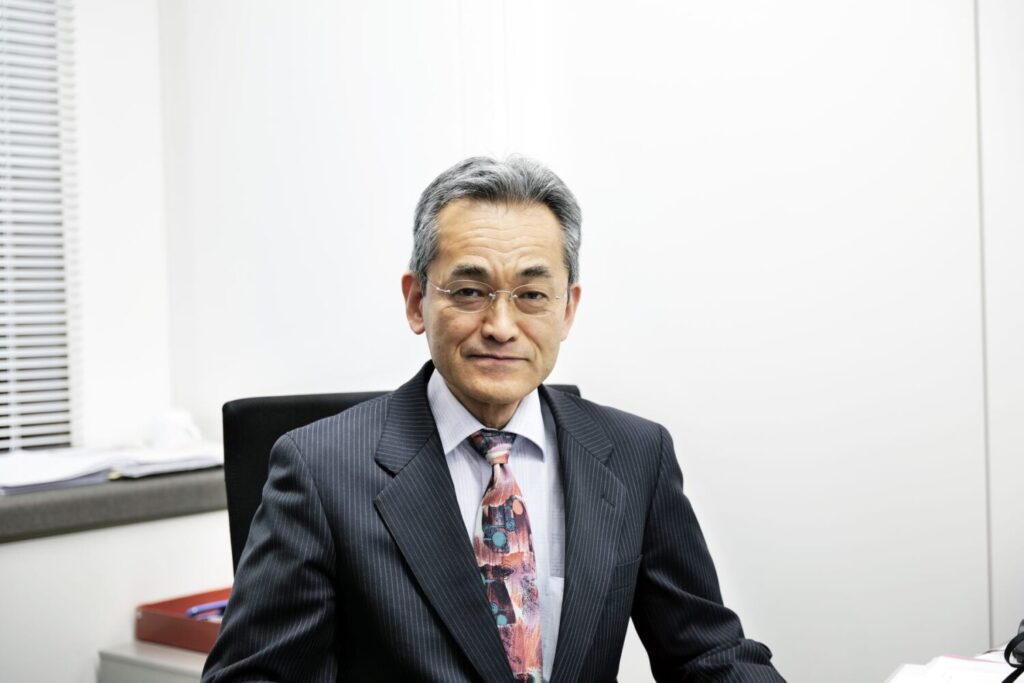

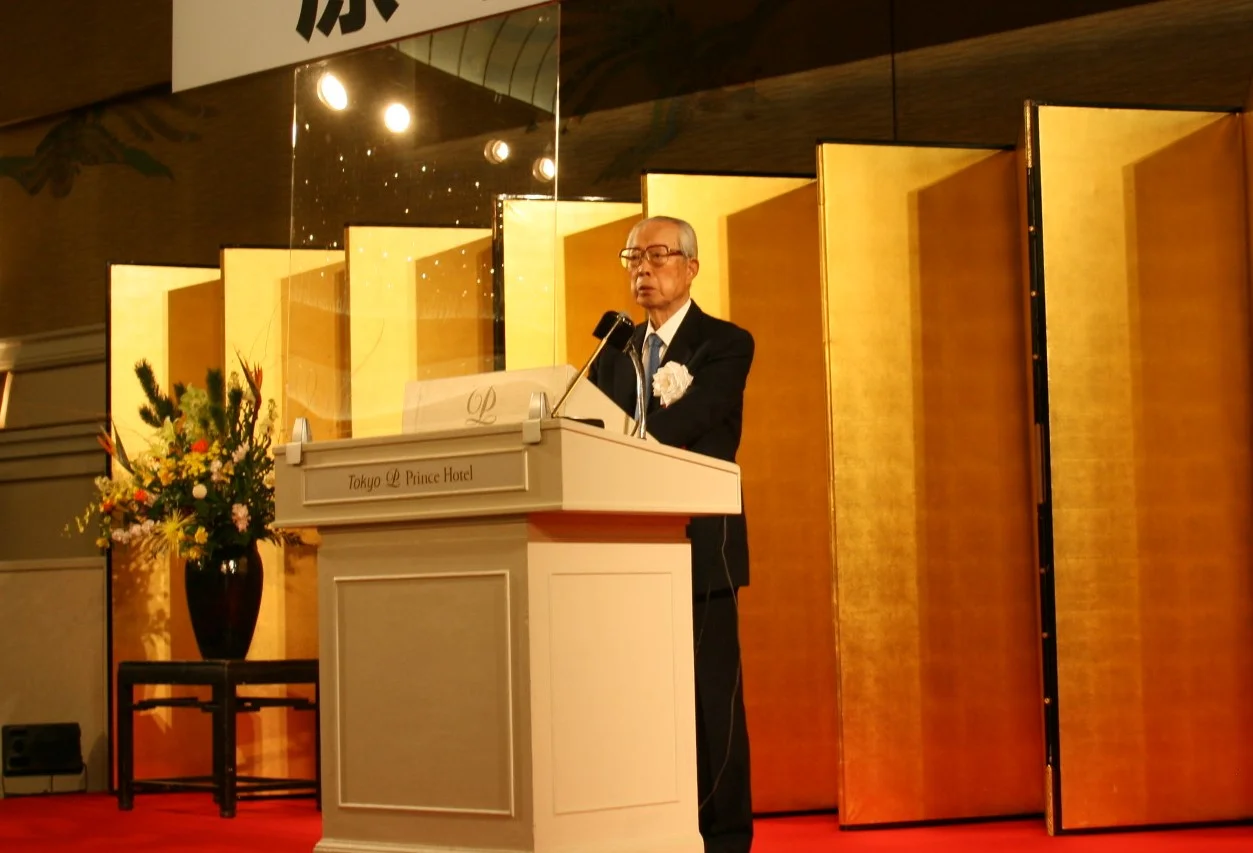
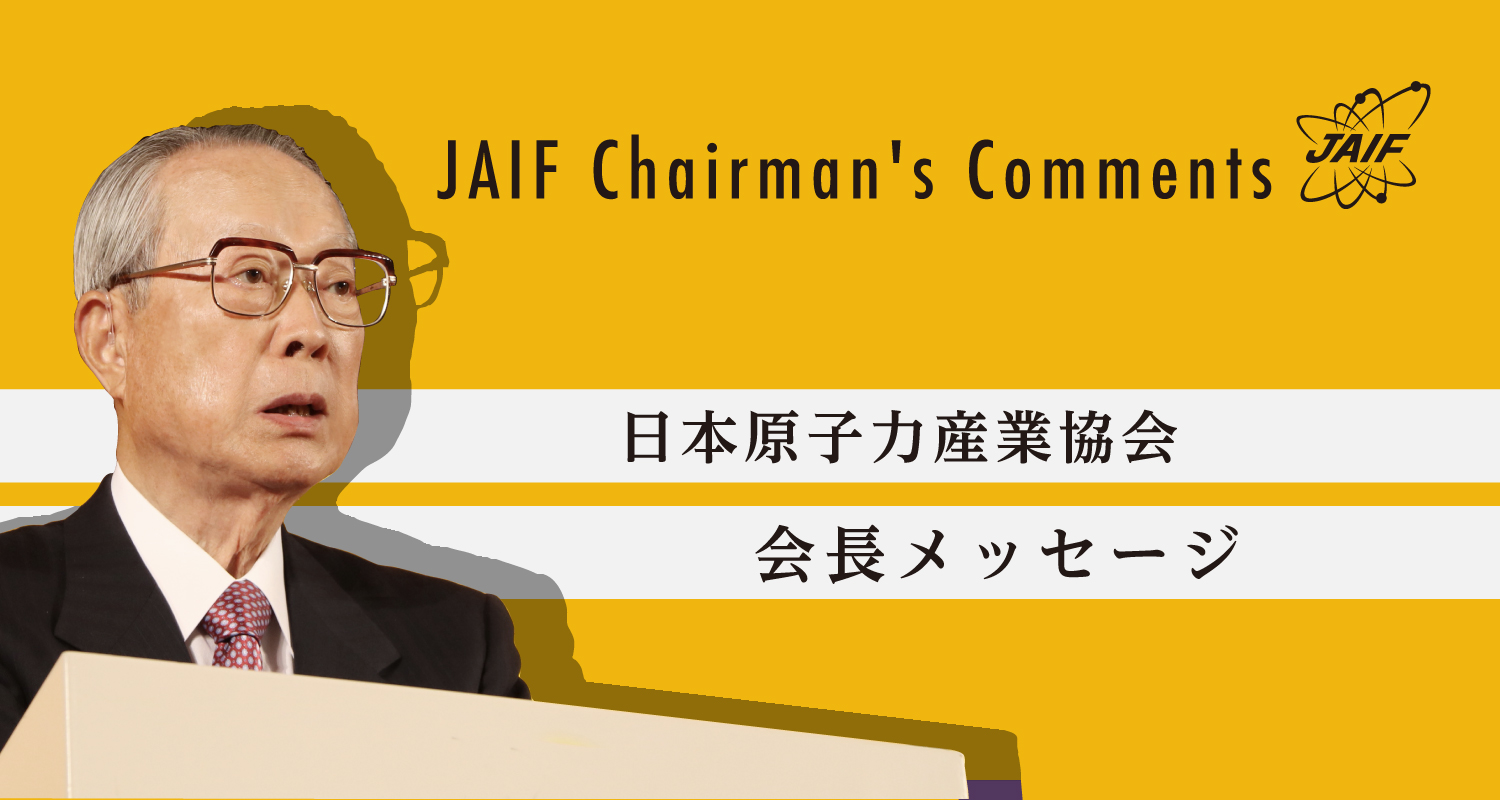
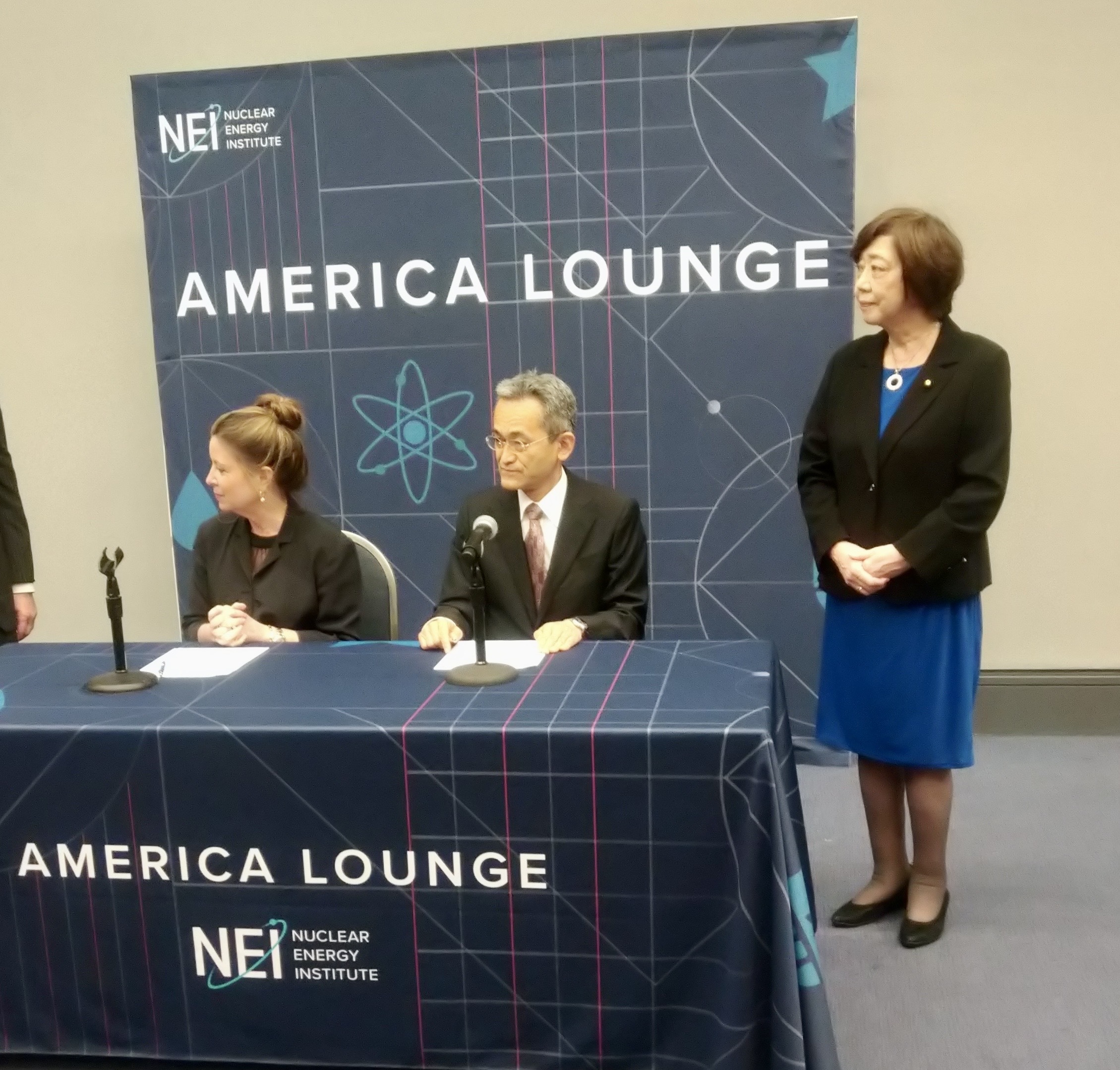

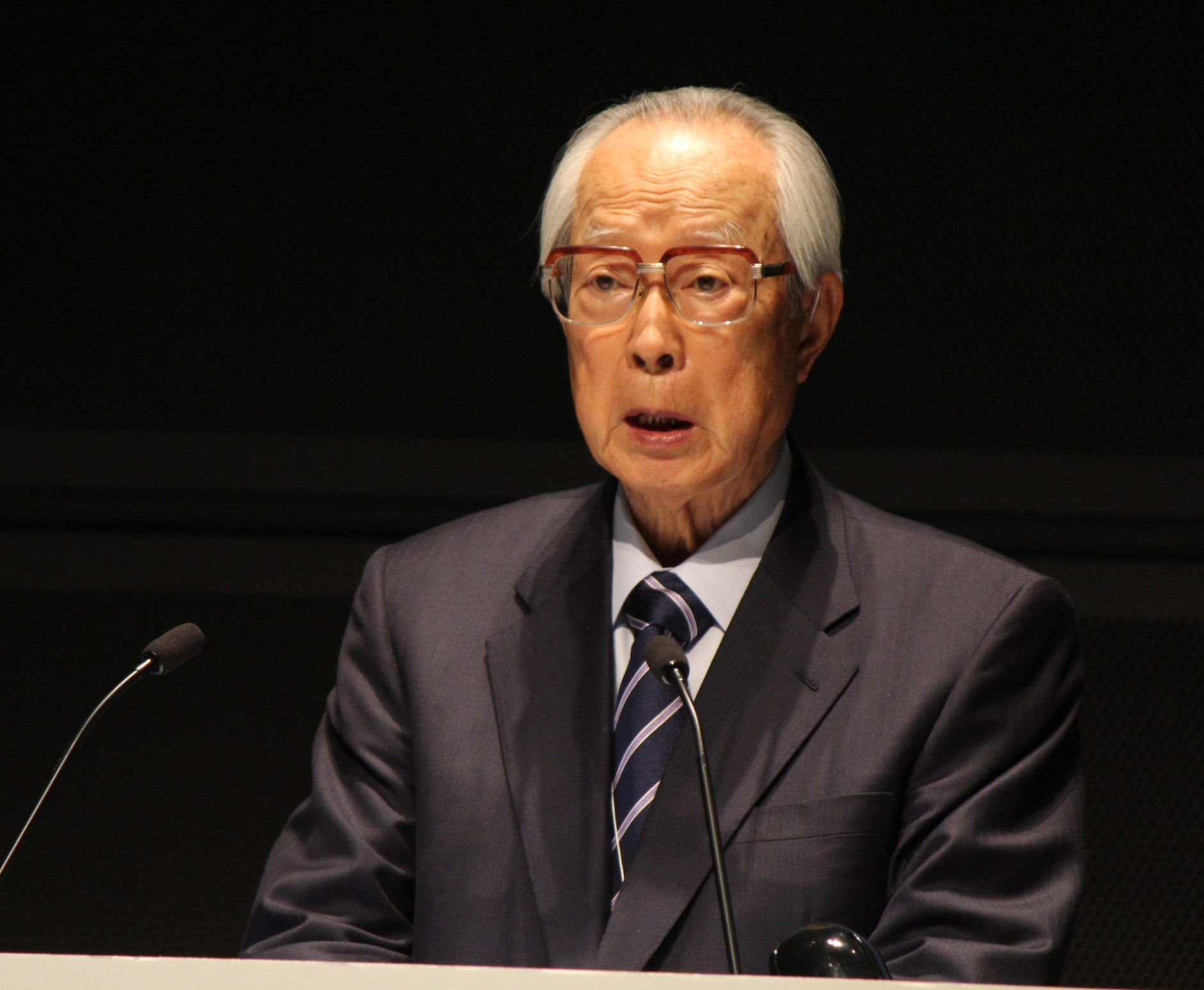
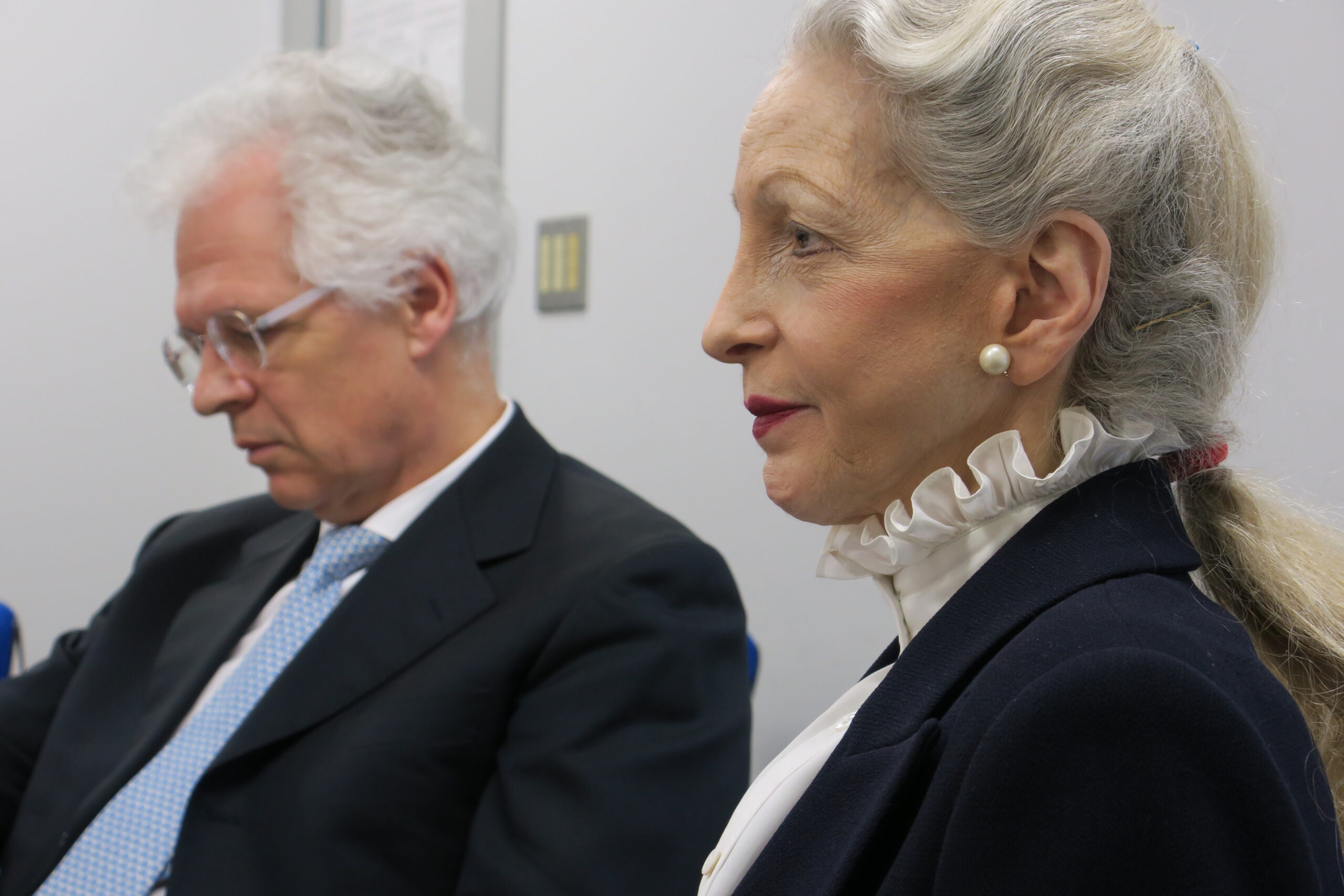



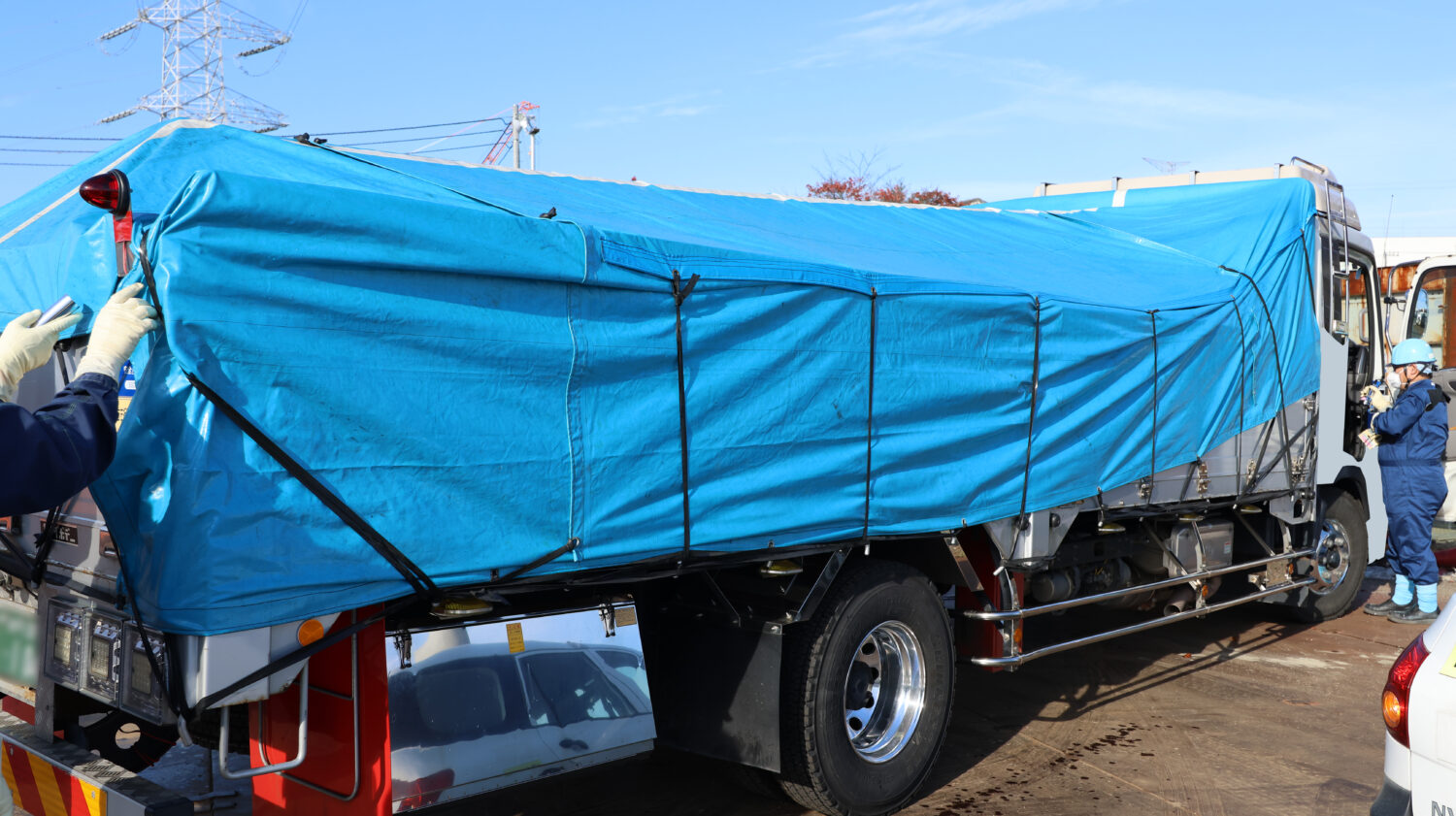
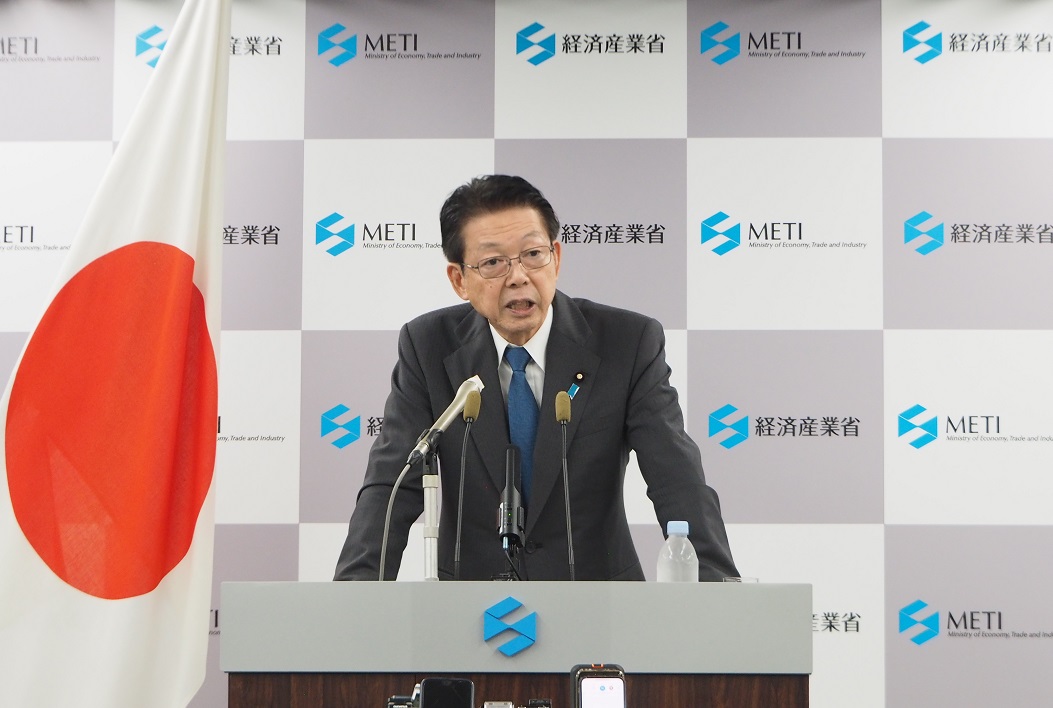
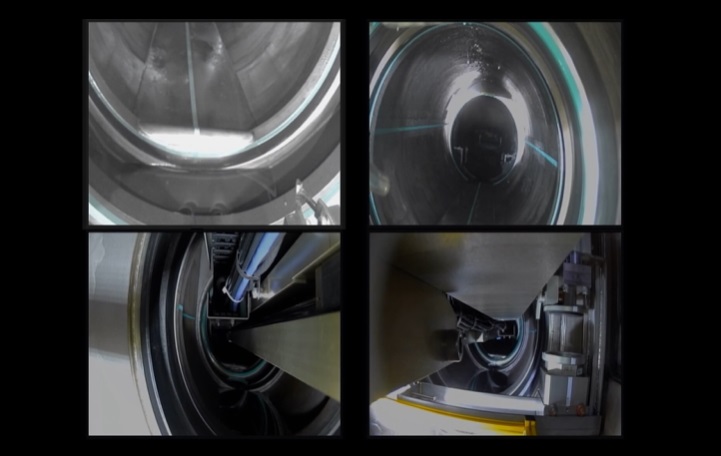
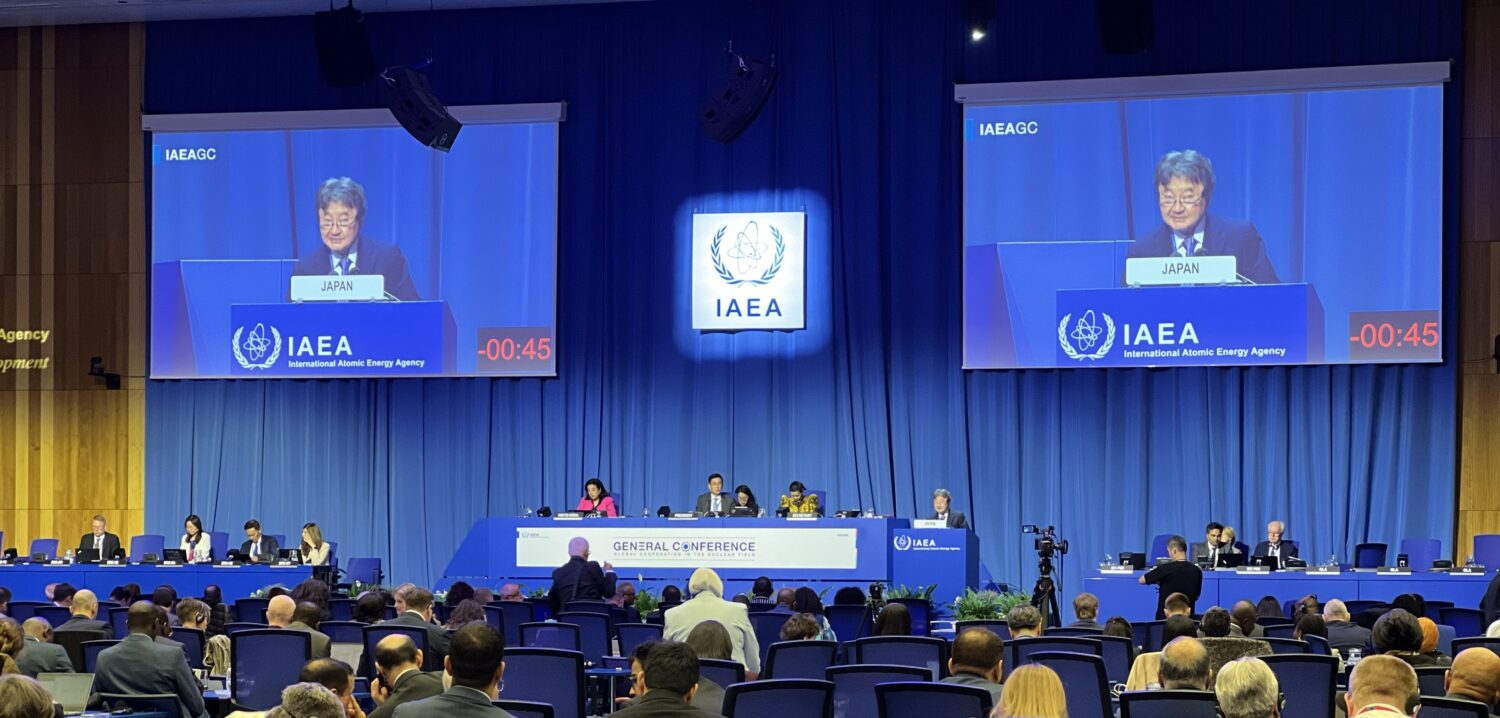
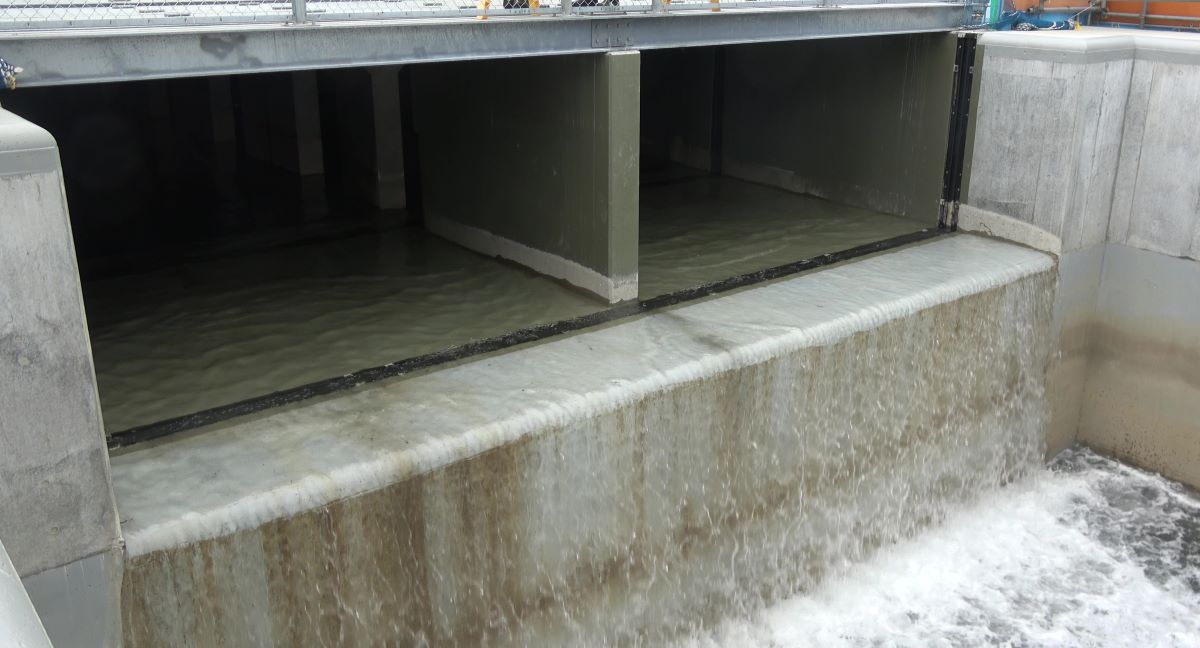
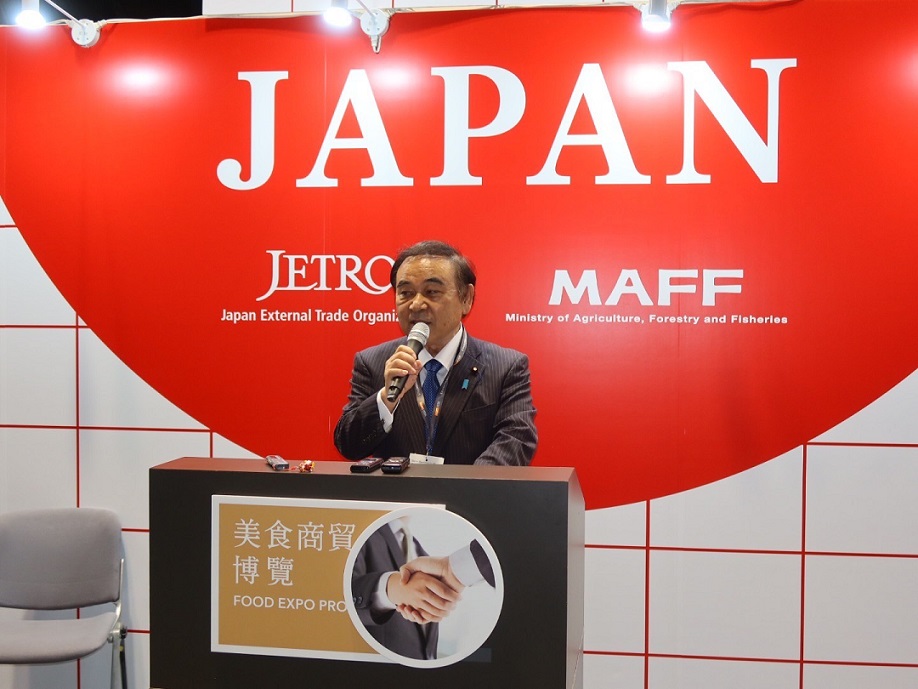
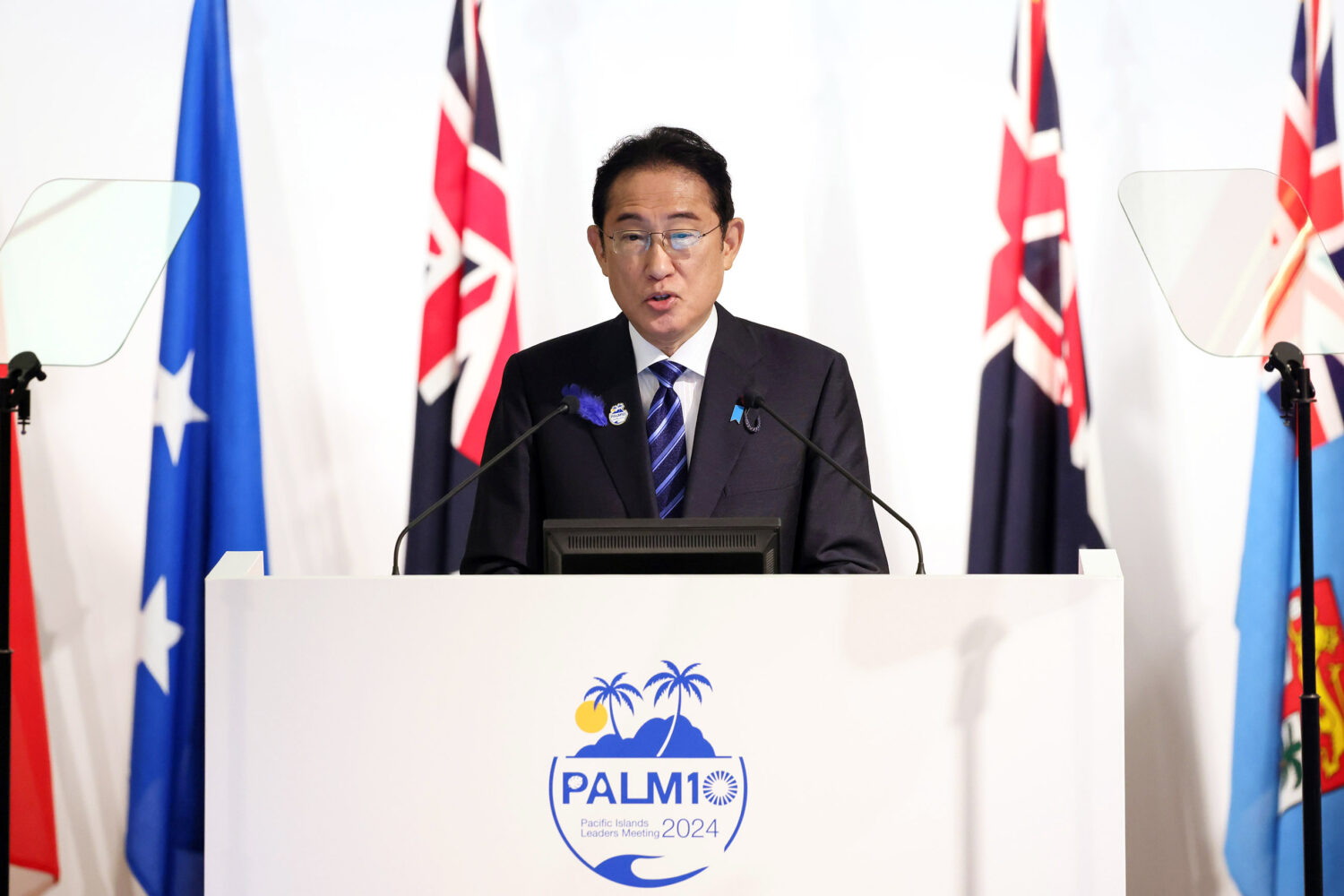
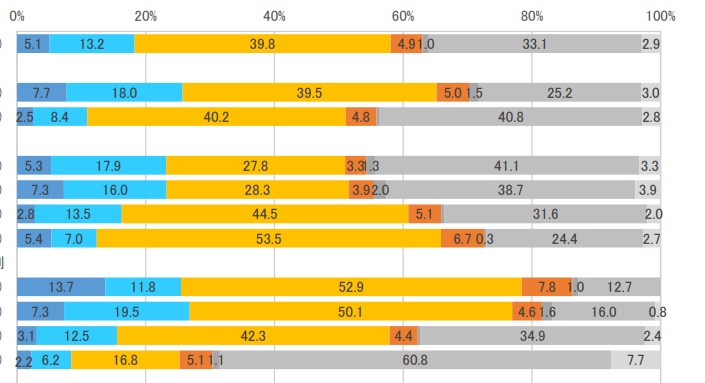
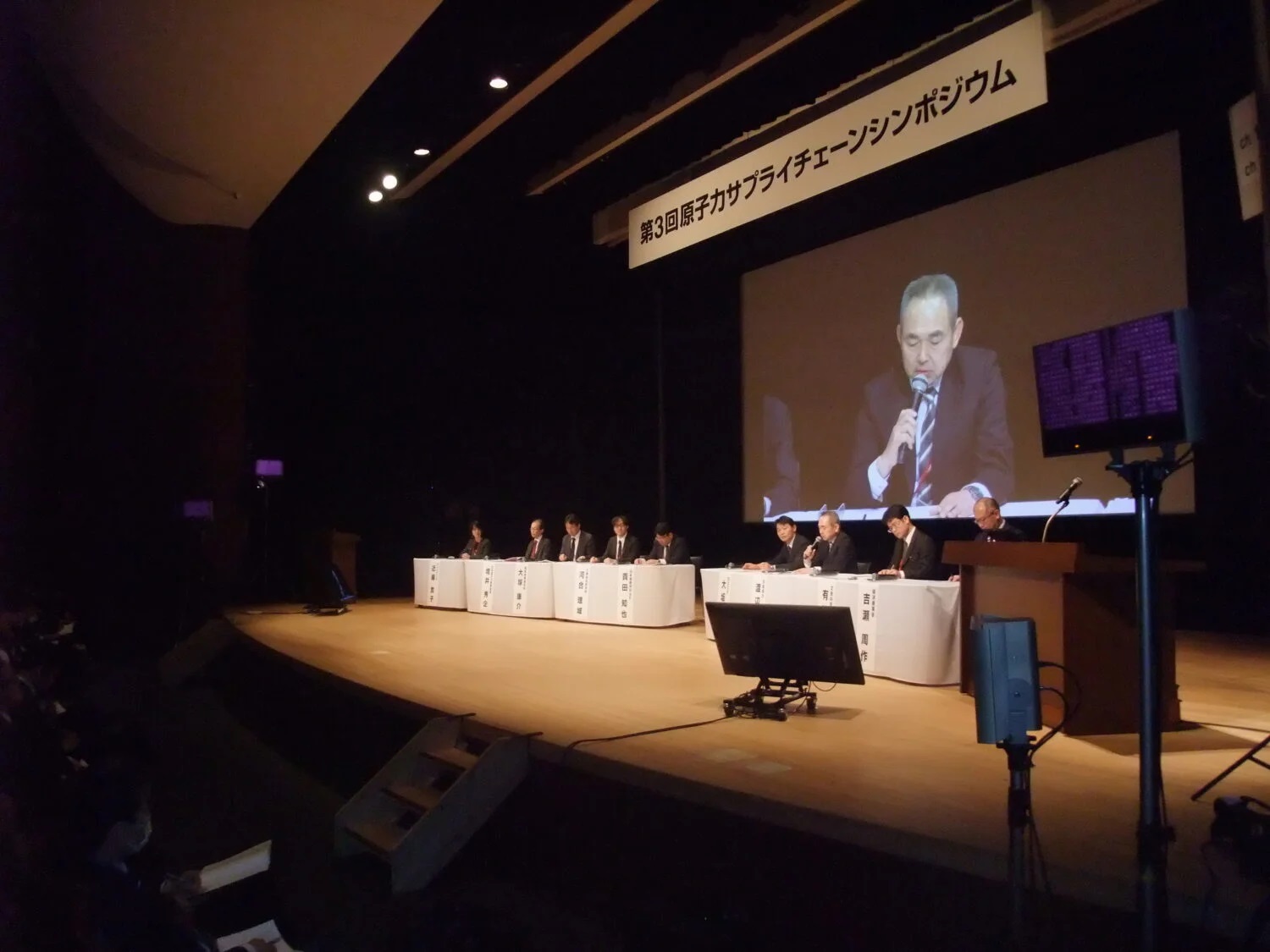
-1.png)
